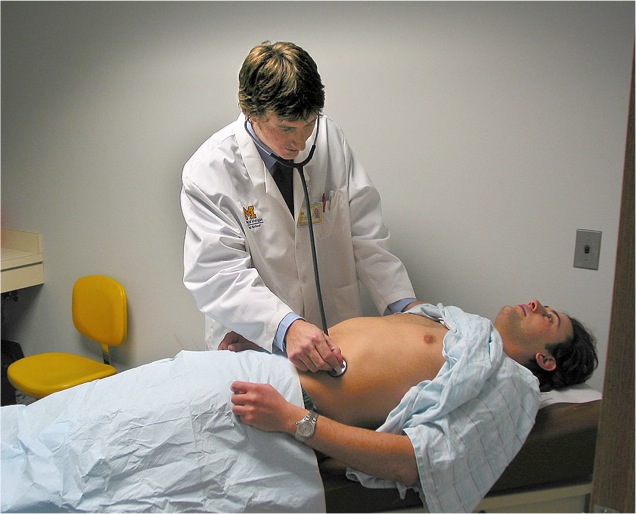People who get food poisoning may be at an increased risk of developing Crohn’s disease, a new study suggests.

Crohn’s is a gastrointestinal disorder that affects 1 in 150 Canadians. The symptoms can be debilitating, with abdominal pain, nausea, vomiting as well as weight loss and anemia.
READ MORE: Researchers may have found the cause of Crohn’s disease
While scientists have been able to link E. coli with the inflammation that occurs in Crohn’s, they haven’t yet been able to determine why some people contract it, while others don’t.
Recently, a new study out of Case Western Reserve University School of Medicine found a link between a particular type of bacteria and the fungus Candida tropicalis.
But new research out of McMaster University in Hamilton, Ont., has made yet another discovery: people who suffer a bout of food poisoning may be at increased risk of developing Crohn’s later.
Scientists have known that a particular type of bacterium — adherent-invasive E. coli (AIEC) — is linked to the development of Crohn’s.
In their study, the researchers took mice that already had AIEC and exposed them to one of two types of bacteria known to cause food poisoning: Salmonella typhimurium or Citrobacter rodentium. What they found was, even after the mice had been cleared of the food-poisoning bacteria, there were increased levels of AIEC in the gut, which in turn worsened symptoms.
“We need to understand the root origins of this disease – and to use this information to invigorate a new pipeline of treatments and preventions,” said Brian Coombes, senior author of the study. “It has never been more pressing.”
With this new research, there could be screening to identify people who have been colonized by AIEC who may be at greater risk for Crohn’s.


Comments